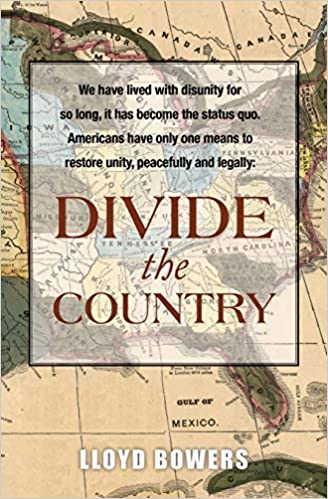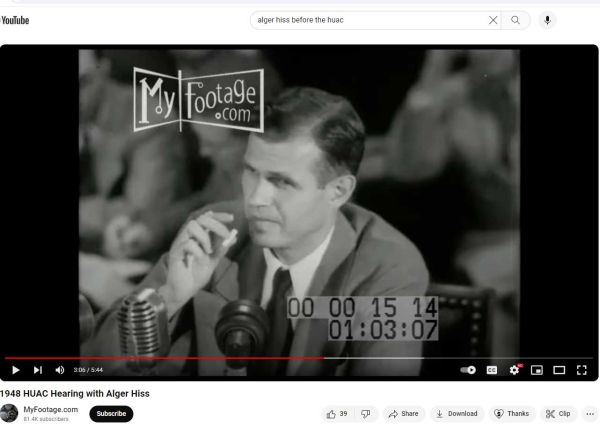Where did it start?
I published a book in 2020 titled Divide the Country! I didn't hold anything back. I gave away the plot of the story right away—Divide the U.S.! Let the warring sides part ways into new countries, so that they can control their own turf with no intervention from the opposing side. No one has to endure the daily browbeating, insults, ridicule, and animosity, any longer.
When we cut the political membrane that keeps us all bundled together, will the opposing sides run in opposite directions, as they should, or will they cling to each other, fearing"individual isolation" more than a wish for freedom? Will they feel "naked and orphaned," and fear being "released to the freedom of their own impotence"? (From Eric Hoffer's marvelous book True Believer.)
Americans' indecision really puts them in a bind. They can't go backwards, and they are too afraid to move forward, as if the only choices are to jump out of the frying pan and into the fire; but if we cannot maintain forward momentum, we will lose ground, certainly, and history metes out a special punishment for indecision.
Other nations have divided, Czechoslovakia and Yugoslavia, for example. Czechoslovakia divided peacefully; Yugoslavia divided only after several bitter wars. Since America will have to divide at some point, whose example will Americans follow? They may hate the prospect of packing up their belongings and transplanting, but consider the alternative.
My reader may wonder how I became so determined about dividing the country—and I can answer that. It all started with my father's reaction to the Alger Hiss Case. He returned to the United States in 1945 and married my mother in 1946. He could hardly believe that Alger Hiss, a "Southern boy," (Most of his generation regarded Baltimore as "Southern.") a graduate of Johns Hopkins, and after that, Harvard Law School, could have spied for the Soviet Union.
John le Carré, commnenting on his novel Tinker, Tailor, Soldier, Spy, about a high-ranking Soviet double-agent—a native-born Briton betraying his own country—posed a question to readers, "How could a chap like this be a chap like that?" Like Hiss, le Carré's double-agent exhibited ambition and upward mobility in a freedom-loving society, so what went wrong?
The prosecutor of the Hiss Case Thomas Murphy posed a similar question in his summation, "Why? Why did he do it? Because he was in love with their philosophy, not ours." Hiss himself admitted to nothing, which puzzled his friends who knew about the preponderance of the evidence against him.
They contended that, so what if Hiss spied for the Soviet Union? He followed his conscience in a society riven with bigotry and inequality.
I would also ask "Why?" about the peanut gallery of Hiss-supporters in the first trial who cheered Hiss when he scored points against the prosecutor. They laughed and mocked the prosecutor for his grammatical errors and humbler origins. They had to know and understand the weight of evidence against Hiss. Many Liberals of the day made no secret of their sympathy for the Soviet Union and their contempt for anti-communist "Witch-hunts."
Everything about the Hiss Case speaks of a split in the intentions and value system of the American people, and so soon after the end of World War II!—A split that endures to the present. Left-liberal sympathy for Julian Assange and Edward Snowden demonstrates the split in modern America, more than anything else.
So I would change Murphy's question from "Why did he do it?" to "Why are they here?" There is no reason for the two groups to stay together—only existential angst. If the warring sides part ways and make significant errors in policy or diplomacy, they will have no one to blame but themselves. They need enemies, in other words, more than success; but neither side has an excuse for drawing back from nationhood, now.
Cards on the table, ladies and gentlemen!



